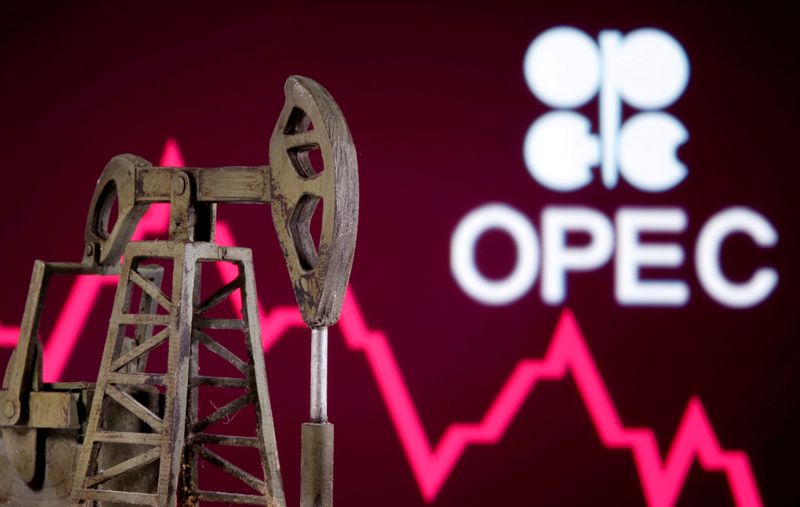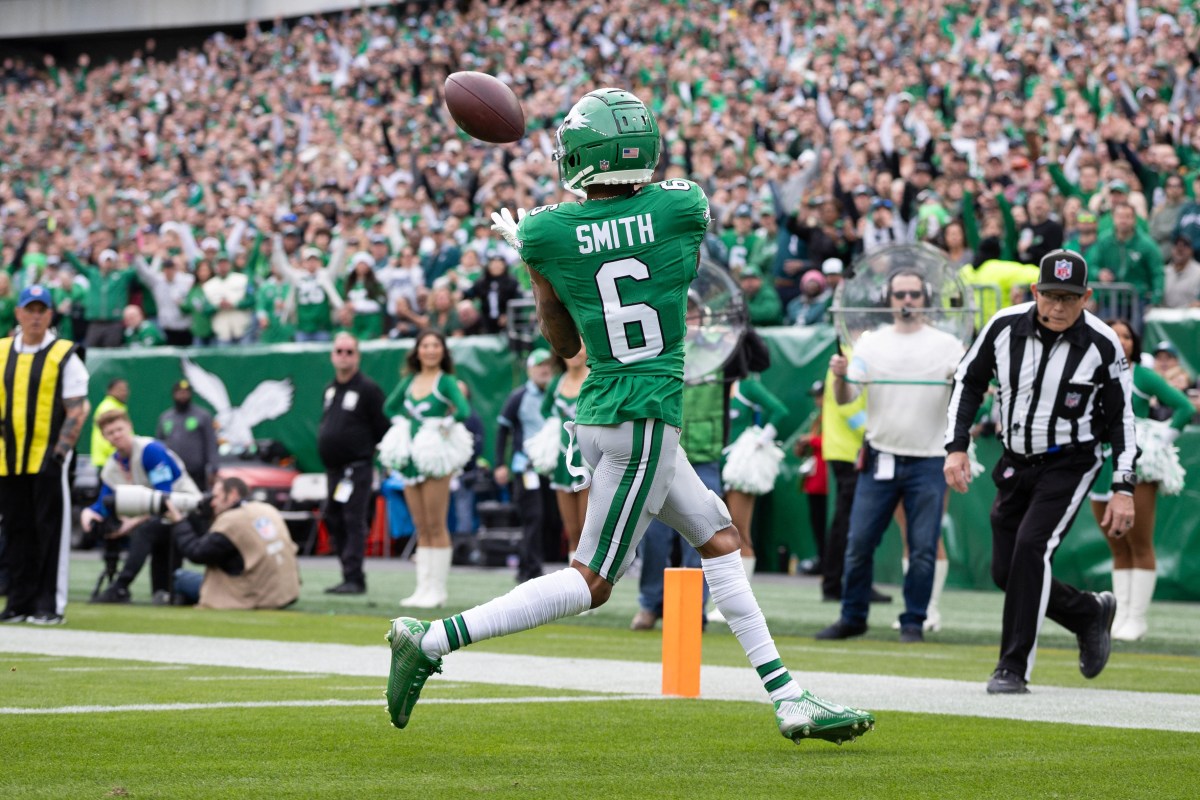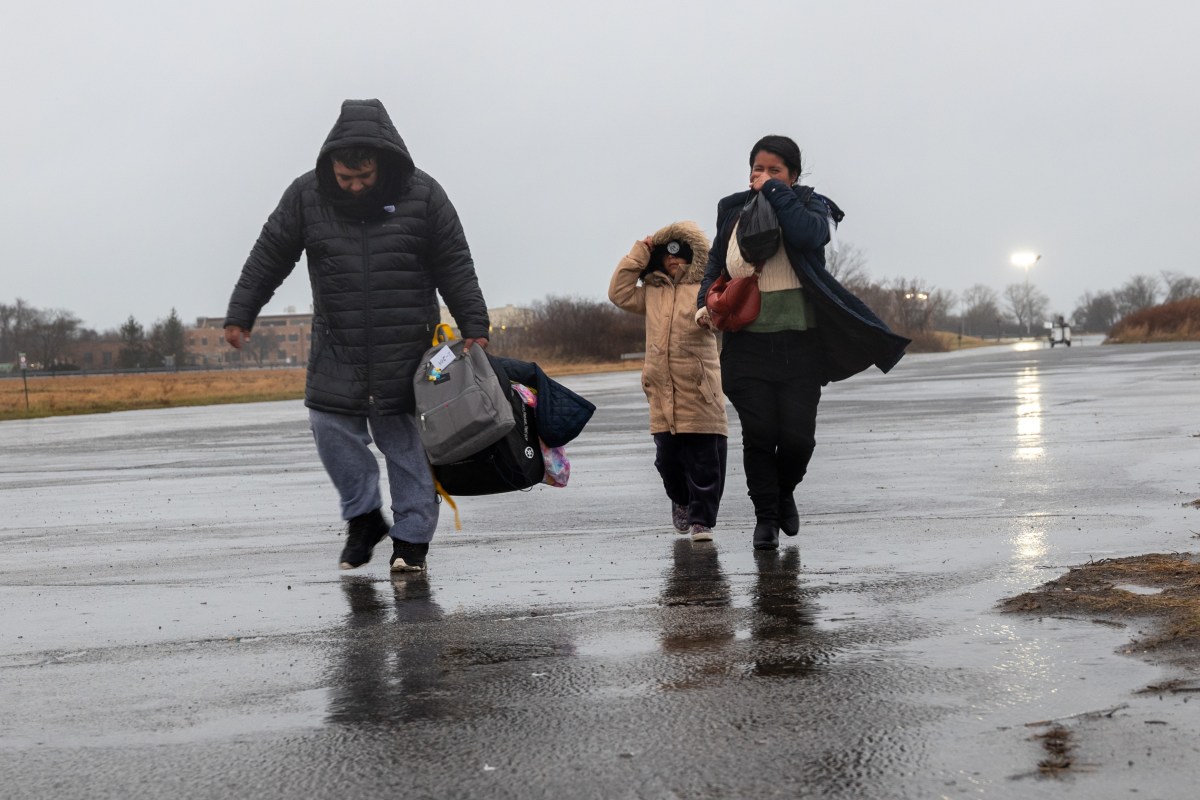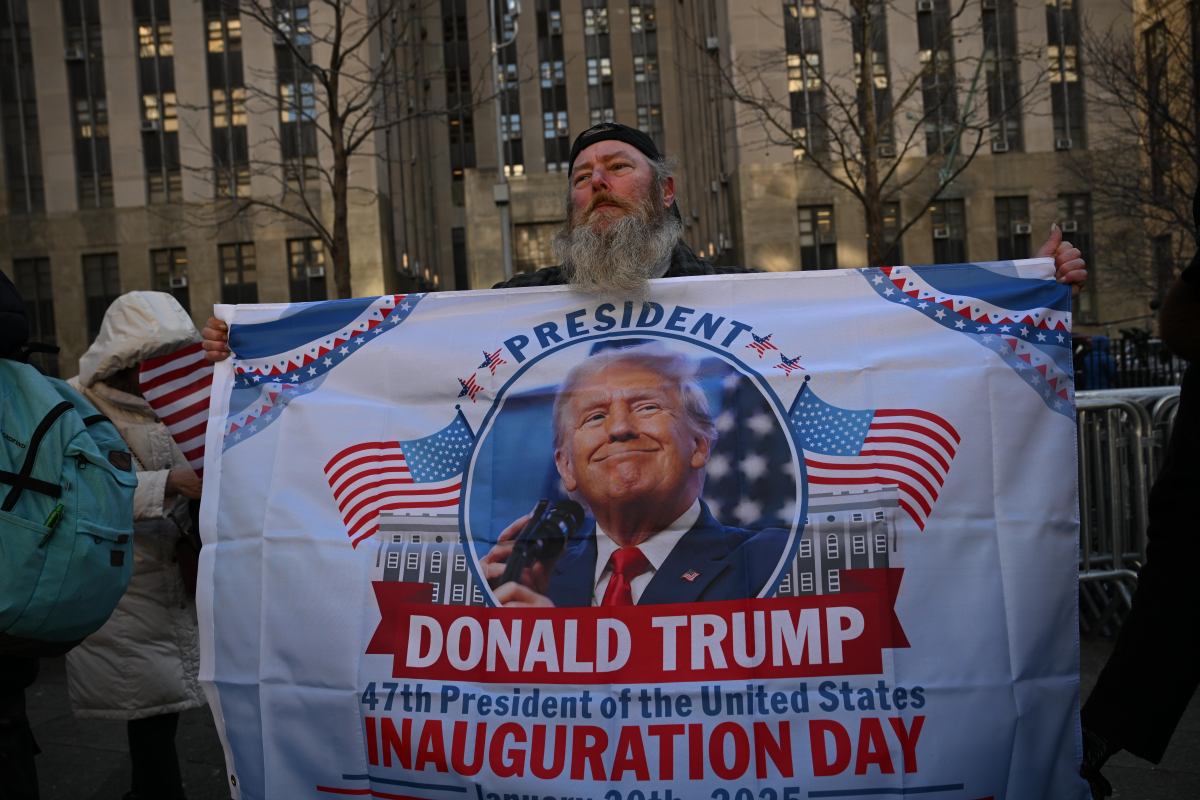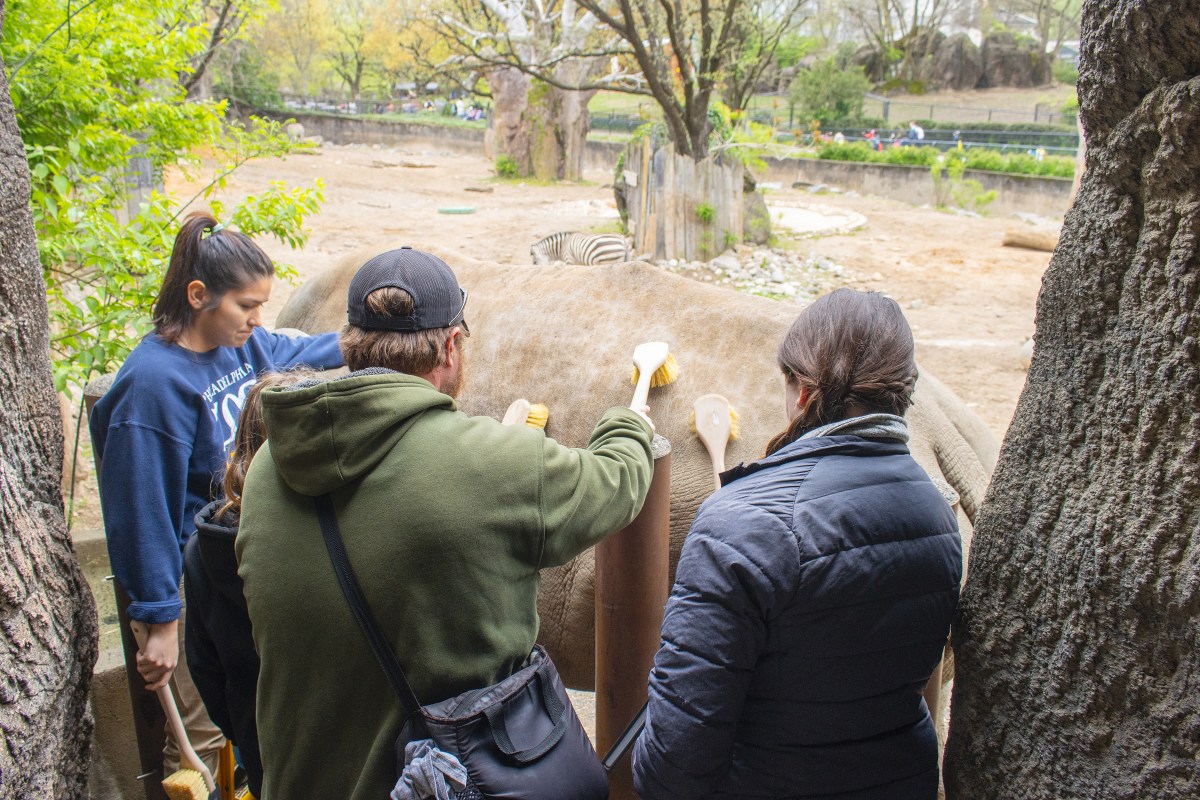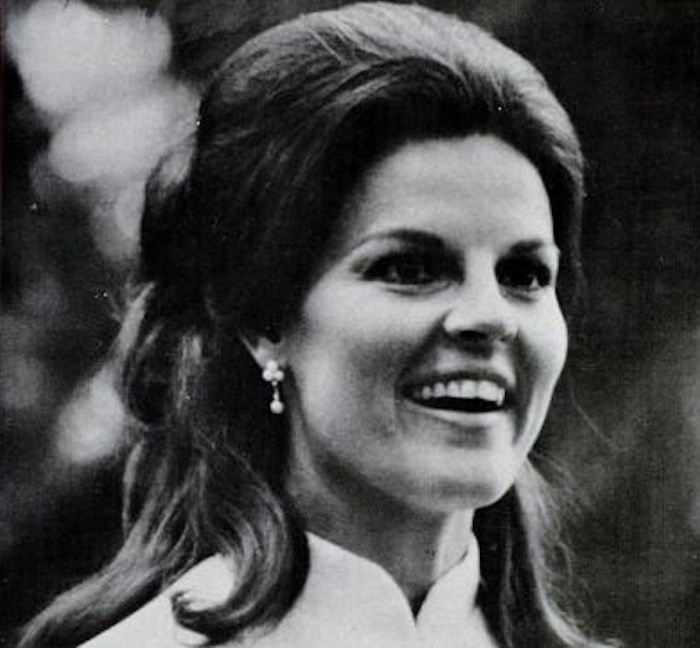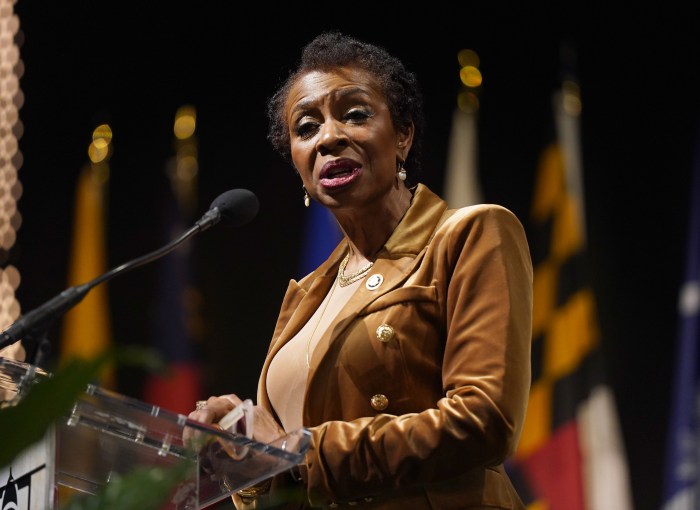DUBAI/MOSCOW/LONDON (Reuters) – OPEC and allies such as Russia are unlikely to announce further curbs to oil output this week despite a price drop, sources told Reuters, and will extend the period for countries like Iraq and Nigeria to compensate for earlier overproduction.
OPEC and allies, a group known as OPEC+, have been reducing production since May to support oil prices after global demand plunged in the wake of the coronavirus pandemic.
In the latest round of cuts, OPEC+ has been reducing output by 7.7 million barrels per day or around 8% of global demand, while asking Iraq and others to pump below their quota in September to compensate for overproduction in May to July.
Three OPEC+ sources said the group will likely extend the compensation period into October and November to allow Iraq and others to catch up with their targets.
Five OPEC+ sources said a virtual meeting on Thursday, known as the joint ministerial monitoring committee (JMMC), was also unlikely to recommend changing output targets despite Brent prices falling below $40 per barrel in recent days.
“I hope this is short lived. The market may have been overreacting in the past few days,” one OPEC delegate said.
OPEC’s leader Saudi Arabia needs a much higher price to balance its budget and has indicated it would like to see prices above $45 per barrel.
One source briefed on Saudi oil thinking said Riyadh was unlikely to try to lift oil prices by adding voluntary cuts to its obligatory quota, something it had done in June.
“They want to protect their market share,” the source said.
Russia has hinted it may want to ease the curbs, but a source familiar with the Russian oil thinking said the issue was not immediate and could be discussed at later stages.
On Monday, OPEC downgraded its oil demand forecast, while oil major BP said demand might have peaked in 2019.
(Reporting by Rania el Gamal, Olesya Astakhova, Ahmad Ghaddar and Alex Lawler; Writing by Dmitry Zhdannikov; Editing by Jan Harvey)

